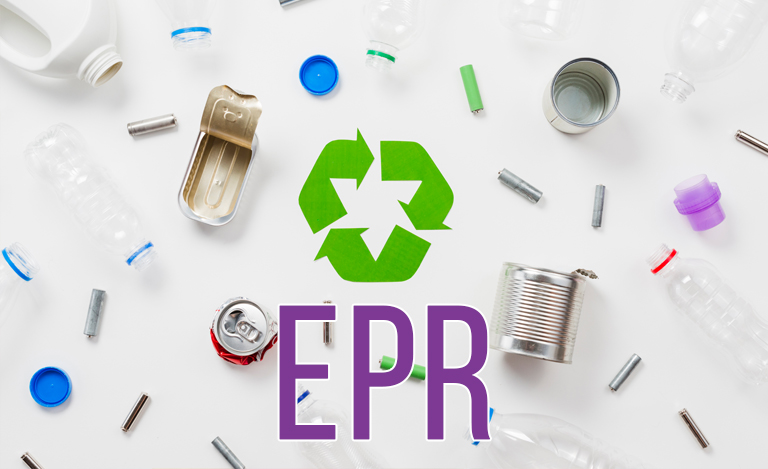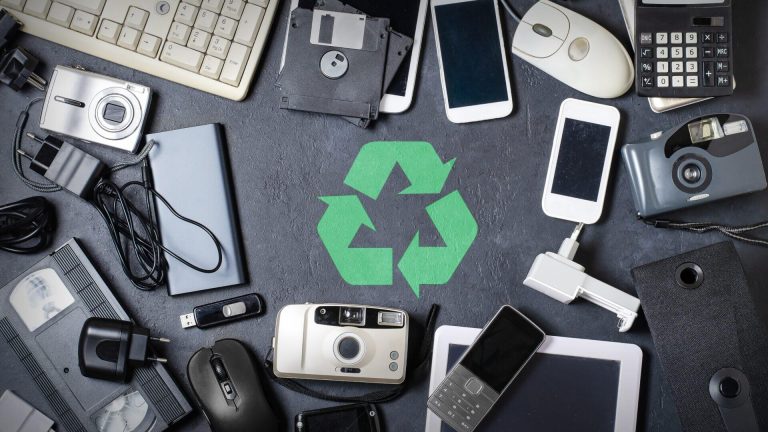
- Information Privacy
- Environmental Protection
- Secure dismantling
- Compliance
- Redeployment
- Remarketing
- Recycling
- Circular Economy
Sustainable recycling involves the three R’s: Reduce, Reuse, and Recycle. Refurbishing or
Sustainable recycling involves the three R’s: Reduce, Reuse, and Recycle. Refurbishing or
Sustainable recycling involves the three R’s: Reduce, Reuse, and Recycle. Refurbishing or
Sustainable recycling involves the three R’s: Reduce, Reuse, and Recycle. Refurbishing or
Sustainable recycling involves the three R’s: Reduce, Reuse, and Recycle. Refurbishing or
Sustainable recycling involves the three R’s: Reduce, Reuse, and Recycle. Refurbishing or
Challenges for Proper E-Waste Manegement in Pakistan
Limited Awareness and Education
Public awareness about the harmful effects of improper e-waste disposal is low. Both consumers and small businesses are generally unaware of the environmental and health risks posed by e-waste, resulting in poor disposal practices such as dumping or burning.
Informal Recycling Sector
A significant portion of e-waste recycling in Pakistan occurs in the informal sector, where untrained workers use crude techniques to extract valuable materials. This process often involves burning or acid baths, which not only harm the environment but also expose workers to toxic substances.
Insufficient Infrastructure
Pakistan lacks the necessary infrastructure to support proper e-waste collection, segregation, and recycling. There are limited formal recycling facilities, and even those that exist often operate under capacity due to logistical challenges and a lack of incentives for proper disposal.
Data Deficiency
There is insufficient data on the amount and types of e-waste being generated in Pakistan. This lack of data makes it difficult to create effective policies, allocate resources, or measure progress in managing electronic waste.
Economic Barriers
The high cost of setting up and maintaining formal e-waste recycling facilities acts as a significant barrier. Without sufficient investment and government incentives, the formal recycling sector struggles to compete with the low-cost informal sector.
Weak Enforcement of Existing Regulations
While regulations for e-waste management exist on paper, enforcement is often lacking. Regulatory bodies lack the resources and authority to monitor and penalize violators effectively, which undermines efforts to manage e-waste sustainably.





